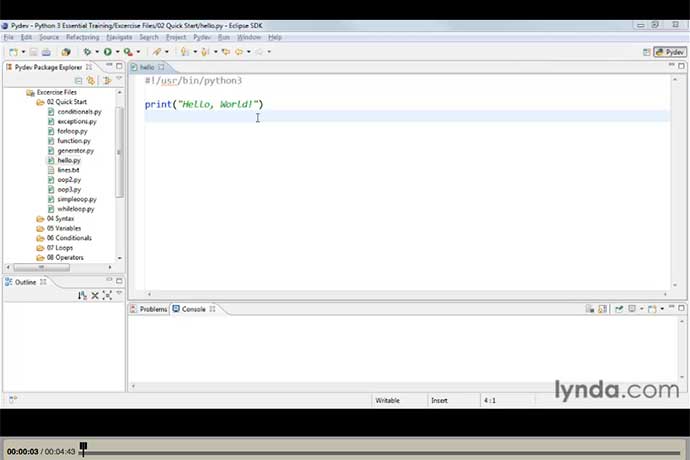There are many online coding schools to learn how to code software in a wide range of languages. While some do not require you to have the language software installed on your computer, it's a good idea if you're serious. Windows, Mac, and all the Unix flavors make it fairly easy to install Python, PHP, or other language on your computer.
As with learning any programming language, much of your learning will happen as you use the language, engage other people to solve problems you encounter, and look up solutions in books and online. Programming classes, online and in a classroom, are extremely useful. But they're only a start point. The fun is in the journey after these courses, as you use the language.
Finally, don't dismiss the paid classes based on price. Learning in a classroom should cost at least $300 on up in a university. And the $25 a month options are a steal: you get the run of their sites for a month. If you plan well, there is a lot you can learn in a month (or two or three). Schools that charge money also have money to invest in great course work, for example, by finding and paying excellent teachers and providing additional materials. Look at the course materials to find the right fit for you, then worry about cost, if it is a worry.
This list is eclectic, chosen mostly based on personal experience. I didn't include Khan, for example, because some of the options below have better teachers and video production quality. But your mileage will vary. Look carefully at all your options before you decide.
Codecademy
http://www.codecademy.com/
They provide courses on Javascript, HTML, CSS, PHP, Python, Ruby, and APIs for YouTube, Box, Twillio, Bitly, and others. Highly interactive lessons with immediate error checking and feedback. The courses I've done were highly addictive, pulling me forward into the material.
CodeLesson
http://codelesson.com/
$200 per lesson. You will need to download and install any programming environment needed. Video, readings, quizzes, and online discussions. Try their service with a few free video lessons.
Code School
http://www.codeschool.com/
$25/month, learn languages with your browser, no downloads and installation required. Courses organized into paths with screencasts to supplement the courses. Ruby, Javascript, HTML/CSS, and iOS, as well as a number of electives.
Lynda.com
http://www.lynda.com
http://www.lynda.com/Developer-training-tutorials/50-0.html
$25/month and $37.50/month with sample files. Pretty much every programming language available, in the usual thorough Lynda.com style. Courses are videos organized around projects with sample files to look through as you learn.
Full disclosure: I'm fortunate to be a Lynda.com author, for an obscure topic (coding html email). Aside from a monthly royalty, the main benefit has been learning their high standards for writing courses and creating video training.
W3Schools
http://www.w3schools.com
Free. This online reference site lets you type in code to practice. However, information is anatomical, from A to Z, not in the form of courses that present information in optimal bites. For example, there are only half a dozen HTML tags a beginner needs to learn but this site buries those tags in more obscure tags. You'd have to work your way through all the material for HTML to find these half dozen heavily used tags.
The Next Web Academy
http://thenextweb.com/academy/
About $99 with a set of guides $29 to $49. This is not strictly a programming course site. They cover topics mostly around web technology, for example, metrics for startups, customer service, and Facebook integration.
Learn More
Codecademy
Code Lesson
Code School
Lynda.com
http://www.lynda.com
http://www.lynda.com/Developer-training-tutorials/50-0.html
W3 Schools
The Next Web Academy
http://thenextweb.com/academy/
Help Kids Code: List of Coding Schools
https://kidscodecs.com/resources/coding-schools/
EdSurge List of Course Vendors
https://www.edsurge.com/guide/teaching-kids-to-code#package-products

